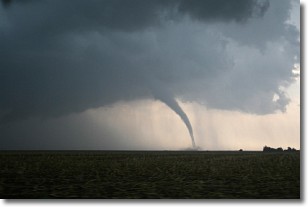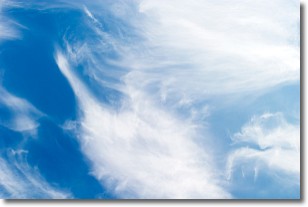Weather Alert in Texas
Blowing Dust Advisory issued April 1 at 2:07AM CDT until April 1 at 10:00PM CDT by NWS Lubbock TX
AREAS AFFECTED: Parmer; Castro; Swisher; Briscoe; Bailey; Lamb; Hale; Floyd; Cochran; Hockley; Lubbock; Crosby; Yoakum; Terry; Lynn; Garza
DESCRIPTION: * WHAT...For the Wind Advisory, southwest winds 25 to 35 mph with gusts up to 55 mph. For the Blowing Dust Advisory, visibility of one-quarter to one mile in blowing dust. * WHERE...For the Wind Advisory, all of the South Plains, Rolling Plains and far southern Texas Panhandle. For the Blowing Dust Advisory, all areas on the Caprock. * WHEN...For the Wind Advisory, from 10 AM this morning to 10 PM CDT this evening. For the Blowing Dust Advisory, from 1 PM this afternoon to 10 PM CDT this evening. * IMPACTS...Hazardous driving conditions due to reduced visibility. Strong winds will blow around unsecured objects and a few power outages may result.
INSTRUCTION: Persons with respiratory problems should make plan to stay indoors until the blowing dust subsides. If driving, be ready for a sudden drop in visibility. If you encounter blowing dust or blowing sand on the roadway or see it approaching, pull off the road as far as possible and put your vehicle in park. Turn the lights all the way off and keep foot off the brake pedal. Remember, 'Pull Aside, Stay Alive'. Winds this strong will make driving difficult, especially for high profile vehicles. Use extra caution. Secure loose outdoor objects.
Want more detail? Get the Complete 7 Day and Night Detailed Forecast!
Current U.S. National Radar--Current
The Current National Weather Radar is shown below with a UTC Time (subtract 5 hours from UTC to get Eastern Time).

National Weather Forecast--Current
The Current National Weather Forecast and National Weather Map are shown below.

National Weather Forecast for Tomorrow
Tomorrow National Weather Forecast and Tomorrow National Weather Map are show below.

North America Water Vapor (Moisture)
This map shows recent moisture content over North America. Bright and colored areas show high moisture (ie, clouds); brown indicates very little moisture present; black indicates no moisture.

Weather Topic: What are Wall Clouds?
Home - Education - Cloud Types - Wall Clouds
 Next Topic: Altocumulus Clouds
Next Topic: Altocumulus Clouds
A wall cloud forms underneath the base of a cumulonimbus cloud,
and can be a hotbed for deadly tornadoes.
Wall clouds are formed by air flowing into the cumulonimbus clouds, which can
result in the wall cloud descending from the base of the cumulonimbus cloud, or
rising fractus clouds which join to the base of the storm cloud as the wall cloud
takes shape.
Wall clouds can be very large, and in the Northern Hemisphere they generally
form at the southern edge of cumulonimbus clouds.
Next Topic: Altocumulus Clouds
Weather Topic: What are Altostratus Clouds?
Home - Education - Cloud Types - Altostratus Clouds
 Next Topic: Cirrocumulus Clouds
Next Topic: Cirrocumulus Clouds
Altostratus clouds form at mid to high-level altitudes
(between 2 and 7 km) and are created by a warm, stable air mass which causes
water vapor
to condense as it rise through the atmosphere. Usually altostratus clouds are
featureless sheets characterized by a uniform color.
In some cases, wind punching through the cloud formation may give it a waved
appearance, called altostratus undulatus. Altostratus clouds
are commonly seen with other cloud formations accompanying them.
Next Topic: Cirrocumulus Clouds
Current conditions powered by WeatherAPI.com




